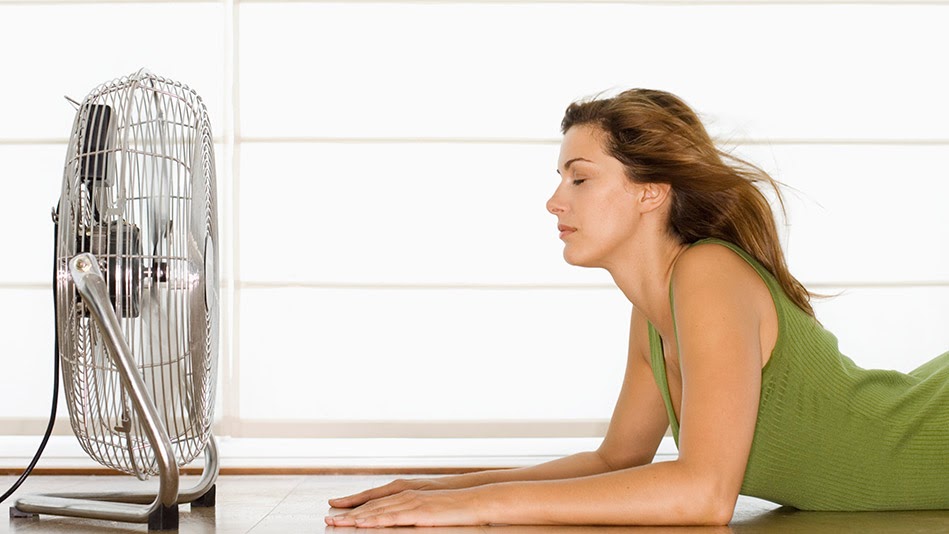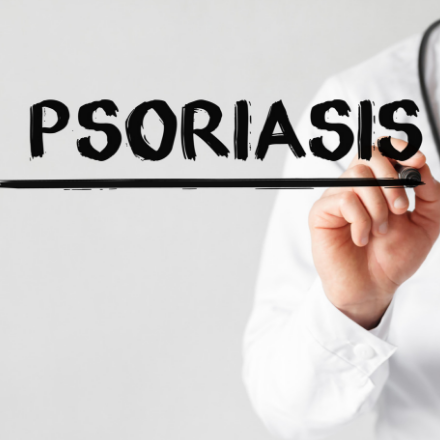What Is Hot Flash?
Hot flash is a sudden feeling of intense heat not caused by an external source. It may appear suddenly or develop gradually, lasting for a few minutes.
Symptoms of Hot Flash
The symptoms of hot flash may include:
- - Feeling a sudden warmth in your skin
- - Redness in areas like the face, neck, ears, or chest
- - Sweating, especially in the upper body
- - Tingling sensations in the fingers
- - Increased heart rate
- - Many people feel cold or shivery after the hot flash subsides.

Hot flash is one of the common symptoms of menopause. Women experiencing menopause may have multiple hot flashes per day.
However, menopause is not the only reason for hot flash. Anyone can experience it, and the frequency and duration depend on the triggers.
Causes of Hot Flash
It is believed that hormonal changes in the body trigger hot flash. Hormonal imbalances can result from various factors, including:
- - Certain conditions like diabetes
- - Tumors
- - Specific types of birth control
- - Eating disorders
Other potential causes of hot flash include spicy foods, alcohol, hot beverages, caffeine, staying in a warm room, smoking, wearing tight clothing, stress and anxiety, pregnancy (especially in the first and second trimesters), hyperactive or underactive thyroid, chemotherapy, radiation therapy, spinal lesions, and certain medications.
Lifestyle Changes and Strategies for Managing Hot Flash
Many people can manage their hot flash at home using certain strategies. Keeping a symptom diary to note down what you ate before the hot flash can help identify triggers. This method allows you to reduce triggers and determine which aspects of your lifestyle need changes to alleviate symptoms and prevent hot flash.
Strategies for Coping with and Managing Hot Flash
Lifestyle changes and management strategies for hot flash include:
- - Dressing in layers, even on cold days, so you can adjust based on how you feel.
- - Drinking ice water at the first sign of a hot flash.
- - Using a fan while sleeping.
- - Lowering room temperature.
- - Wearing cotton clothing and using cotton sheets.
- - Keeping an ice pack by the bed.
- - Avoiding spicy foods.
- - Limiting alcohol consumption.
- - Reducing hot beverages and caffeine intake.
- - Quitting smoking.
- - Practicing stress-reduction techniques like yoga, meditation, or guided breathing.
- - Avoiding high-fat and high-sugar foods.
To cope with hot flash during pregnancy, keep your room cool and wear loose-fitting clothes. Wash your face with cold water and try to avoid warm and crowded areas. If lifestyle changes and strategies don’t work or your case is severe, a doctor may prescribe medication to help you manage hot flash.
Natural Treatments
Some people prefer using natural or alternative remedies for treating hot flash, such as acupuncture. A 2016 study involving 209 women who experienced four or more menopausal symptoms daily found that acupuncture significantly reduced their symptoms, including hot flash and night sweats.
The best treatment method depends on the cause of the hot flash. However, lifestyle changes can help manage symptoms at home. There are many causes for hot flash, and if you experience frequent episodes, consult a doctor.












Our Customers' Comments
No comments registered